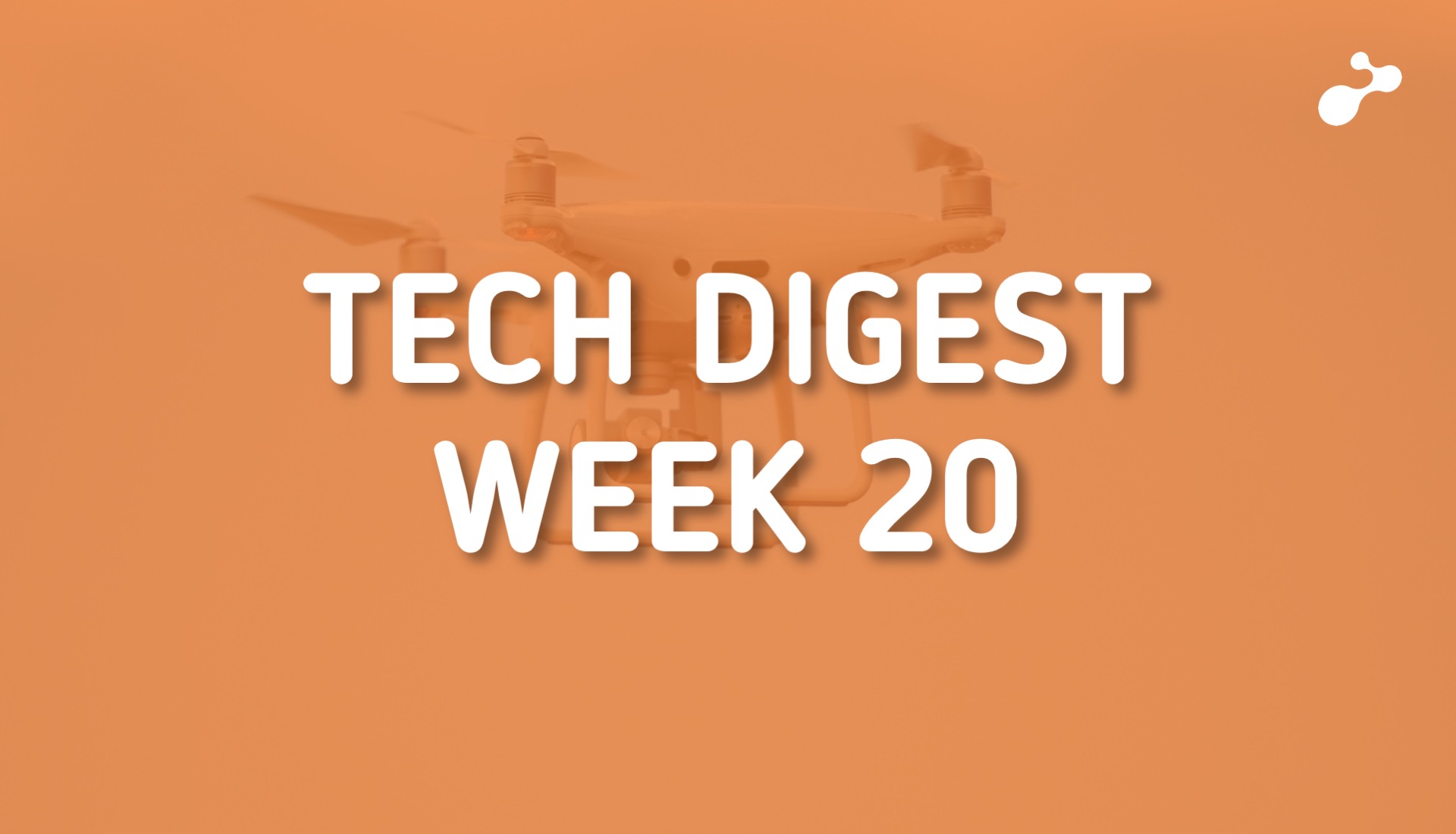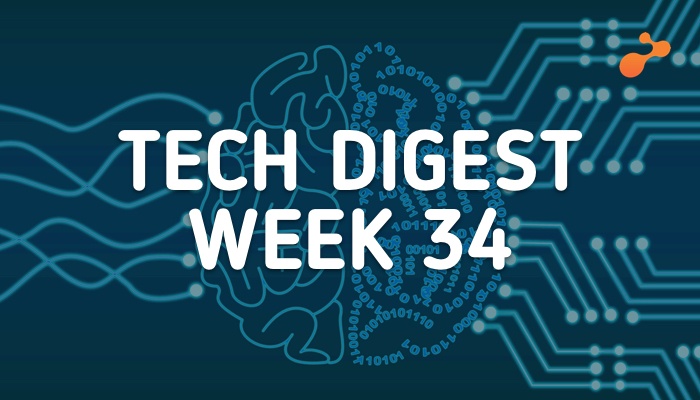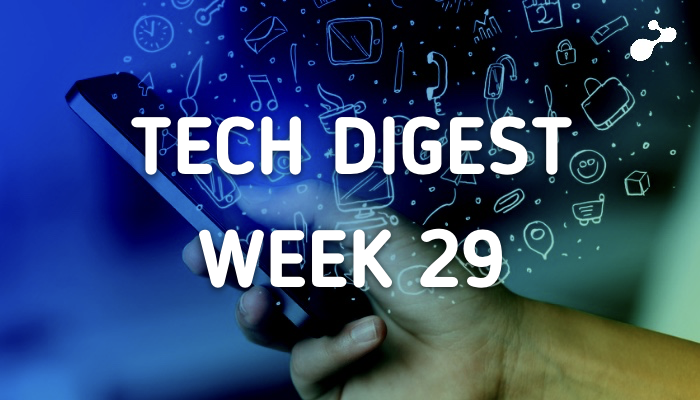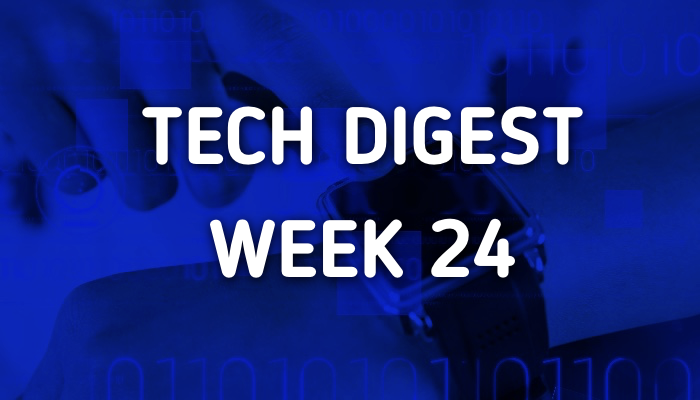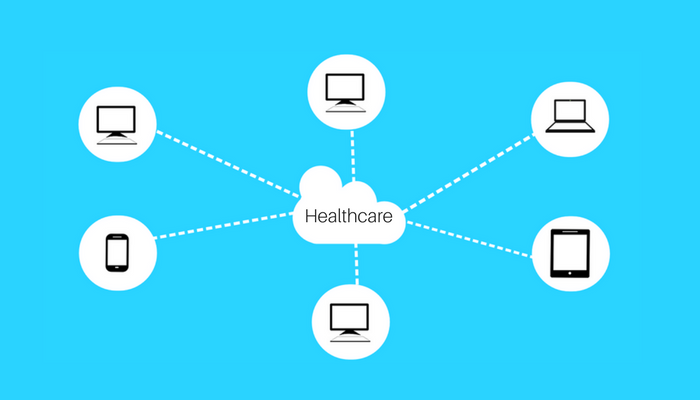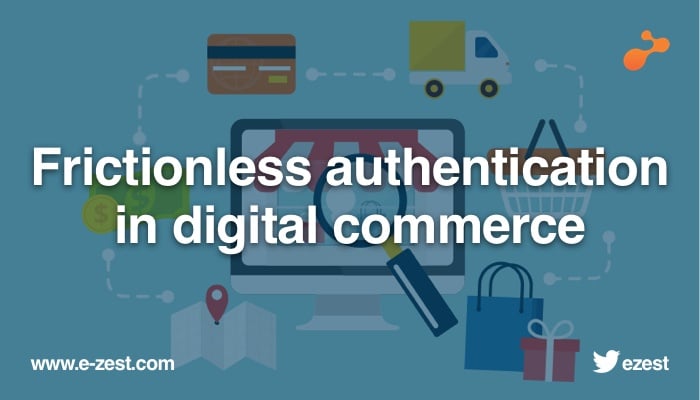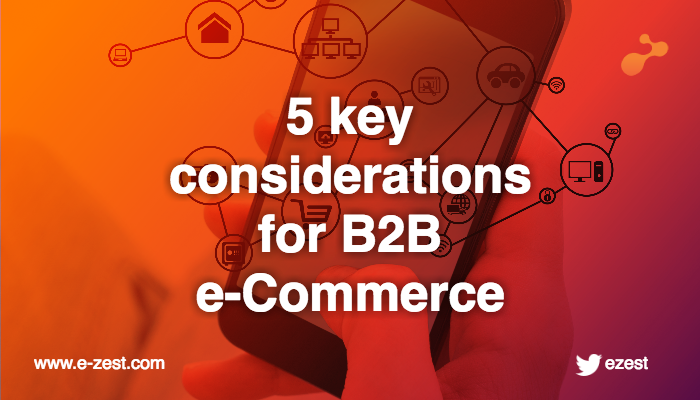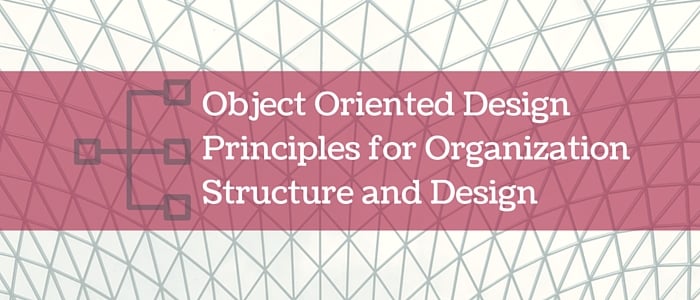Based on over decade of our experience in product engineering services, we have learned some very interesting facets of building product, taking it to the market and generating revenue. Having seen successes and failures with different revenue and business models of product engineering companies (ISV’s), I would like to highlight key learning’s around business, service delivery and revenue model
- Product companies, including license software companies, recognize revenues immediately upon sale and delivery of the product. SaaS/cloud companies sign customers up front but recognize revenue over time as the service is delivered
- For a product company, a ratio like sales and marketing expense, expressed as a percentage of revenue, is a meaningful approximation of sales efficiency. For SaaS/cloud companies sales efficiency can be measured by ratio of sales and marketing expense (for a quarter) to the change in revenue for the following quarter
- In SaaS/cloud environment, growth and churn in users both create pressure for reducing total cost of service
- User experience is critical aspect of SaaS/cloud products. If users are not happy with user experience they can swiftly change the vendor. In SaaS/cloud environment vendor change costs are significantly lower than packaged solution offerings
- Boundaries of SaaS, PaaS, IaaS and other subscription offerings will merge eventually. Products need to be scalable and extensible to support it
- Single feature in license product might become successful independent SaaS/cloud product(e.g. Box, DropBox for file synchronization) in multi-device and internet mobility access environment
- Building Minimum Viable Product(MVP) and collecting customer feedback is essential before big-bang product releases for SaaS/Cloud products
- Every product is not worth SaaS/Cloud enablement. SaaS is more relevant for companies and solutions targeting
- Large numbers of end users
- Users must access the application from outside the “four walls” of the corporation (sales force automation, collaboration)
- Cloud computing enables new functionality (web conferencing, web analytics)

